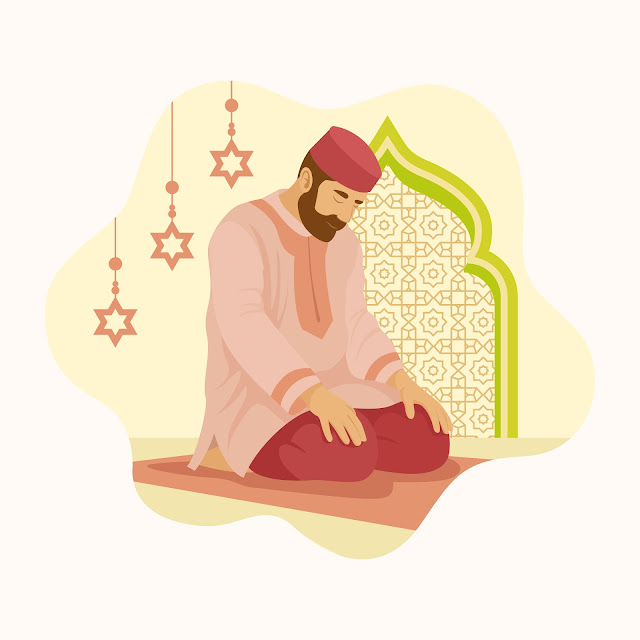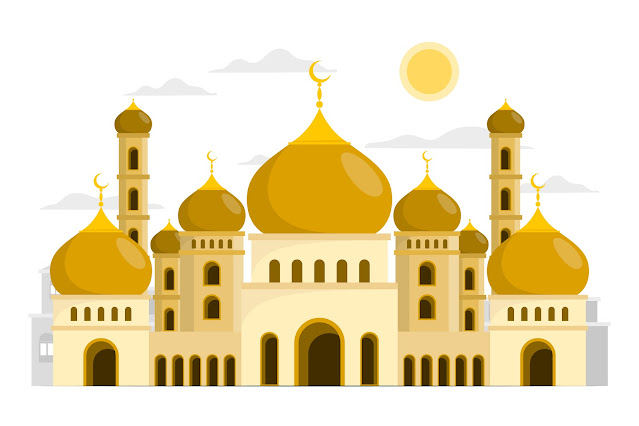Eid al-Fitr
Ramadan and Its Connection to Eid al-Fitr
Ramadan is the ninth month in the Islamic calendar, regarded as one of the holiest and most spiritual periods for Muslims worldwide. During this time, the faithful fast from dawn until sunset, abstaining from eating, drinking, smoking, and other activities that might distract them from spiritual growth. Fasting involves not only physical restraint but also mental and spiritual discipline – it is a time for purifying the heart, strengthening one’s relationship with God, and focusing on prayer and charity.
Purpose and Significance of Ramadan
Ramadan holds deep spiritual meaning, and its primary goals include:
-
Drawing Closer to God – Through fasting, prayer, and reading the Quran, believers deepen their relationship with God.
-
Humility and Gratitude – Hunger and thirst serve as reminders of values such as empathy for those suffering from poverty and deprivation.
-
Self-discipline and Resilience – Restraining from physical needs enhances self-control and inspires a morally upright life.
-
Charity – Muslims particularly practice almsgiving (zakat) during this period, considering it a key aspect of their faith.
Zakat and Zakat al-Fitr – How Do They Differ?
Islam places great emphasis on charity and social support. One of the most important financial obligations for Muslims is zakat – mandatory almsgiving, which plays a vital role in Islamic ethics. In addition to zakat, there is zakat al-Fitr, a special almsgiving associated with the conclusion of Ramadan.
What is Zakat?
Zakat is one of the five pillars of Islam, requiring Muslims to donate a portion of their wealth to the poor and needy. It is both a spiritual and material purification, reminding Muslims of their social responsibilities.
Key Principles of Zakat:
-
Obligation – Applies to Muslims whose wealth exceeds a specific threshold (nisab).
-
Rate – Usually 2.5% of accumulated savings and assets.
-
Timing – It can be given at any time of the year, though many choose Ramadan as the most appropriate period.
-
Purpose – To support the poor, those in debt, travelers, and other beneficiaries outlined in the Quran.
What is Zakat al-Fitr?
Zakat al-Fitr, also known as the almsgiving marking the end of Ramadan, is a mandatory charity that every Muslim must give before the Eid al-Fitr celebration. The primary purpose of this almsgiving is to purify the fast from any shortcomings and allow the poor to celebrate the end of Ramadan with dignity.
Key Principles of Zakat al-Fitr:
-
Obligation – Applies to every Muslim, regardless of wealth – even children, whose guardians pay on their behalf.
-
Amount – Equivalent to about 2.5–3 kg of staple food items (e.g., flour, rice, dates). In some countries, monetary value is also acceptable.
-
Timing – Must be given before the Eid al-Fitr prayer, ideally in the final days of Ramadan.
-
Purpose – To enable the poor to participate in the Eid celebration and to purify the believer from any errors during Ramadan.
Eid al-Fitr – The Festival Marking the End of Ramadan
Eid al-Fitr, also known as the Festival of Breaking the Fast, is one of the most important holidays in the Islamic calendar. Celebrated by Muslims worldwide, it marks the end of Ramadan – a month of fasting, prayer, and spiritual reflection.
Meaning and Preparations
Eid al-Fitr literally means "The Festival of Breaking the Fast." Preparations for the holiday begin towards the end of Ramadan. Many families conduct thorough house cleaning, symbolizing purification and new beginnings. Buying new clothes, often traditional, is an important part of preparations, especially for children.
The holiday is a time of joy, reconciliation, and love. It is an opportunity to renew relationships with family and friends and resolve any conflicts. Many people visit their loved ones, strengthening social bonds.
Rituals and Traditions
The celebrations start with a special prayer – Salat al-Eid – performed in mosques or open spaces in the morning. The prayer is a communal event attended by large gatherings of the faithful. Before the prayer, words of praise to Allah are recited.
Participants dress in their finest attire, often specially prepared for the occasion. Visiting family and friends is also important. After the prayer, the faithful exchange greetings, saying "Eid Mubarak," which means "Blessed Festival."
Food plays a central role during Eid al-Fitr. Tables are laden with exquisite dishes and desserts. In many countries, traditional sweets such as baklava, ma’amoul, or seviyan – a sweet vermicelli dessert – are popular. Children often receive gifts in the form of money, known as eidi, adding an extra charm to the holiday.
Conclusion
Eid al-Fitr is not just the end of fasting but also a time for reflection, joy, and unity. The festival serves as a reminder of the importance of empathy, generosity, and community. It is a moment when Muslims share their faith and culture while celebrating universal values such as love and mutual aid.










Comments
Post a Comment